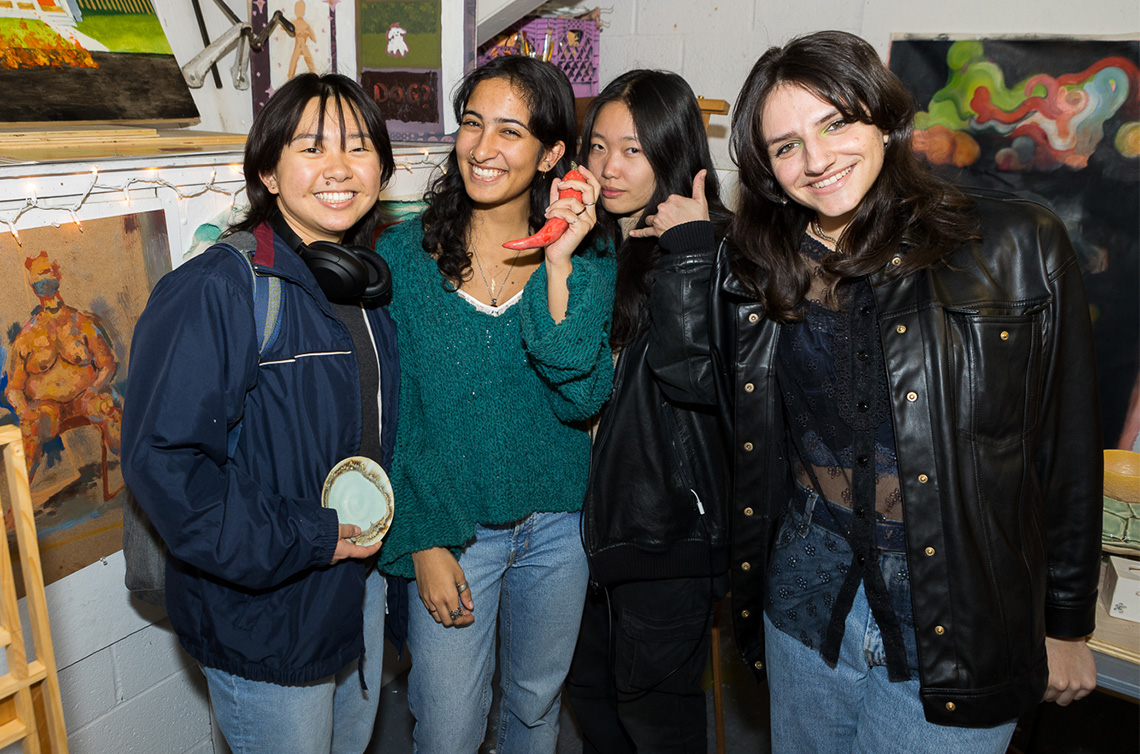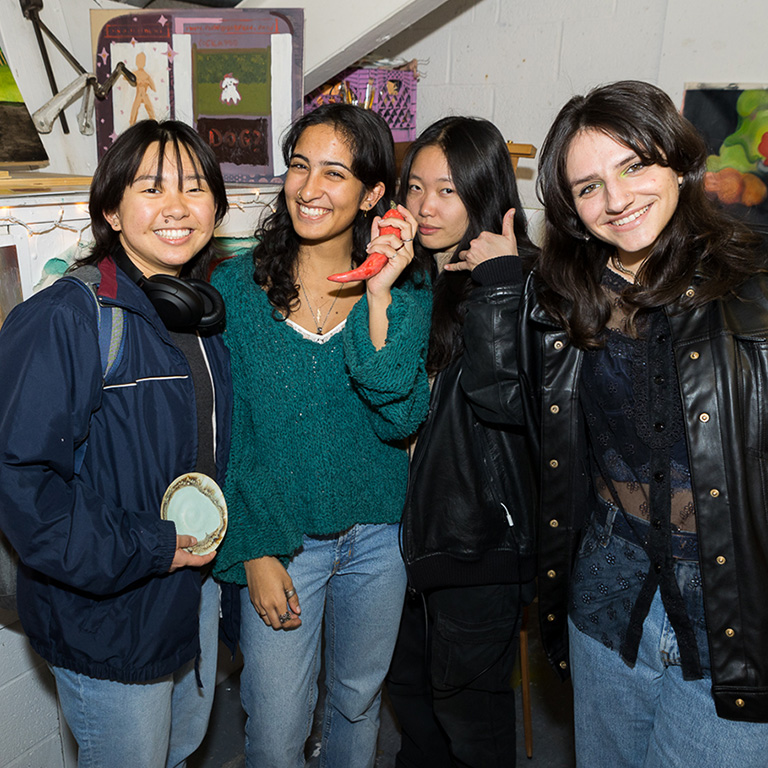Fall 2018 Advanced Elective Courses
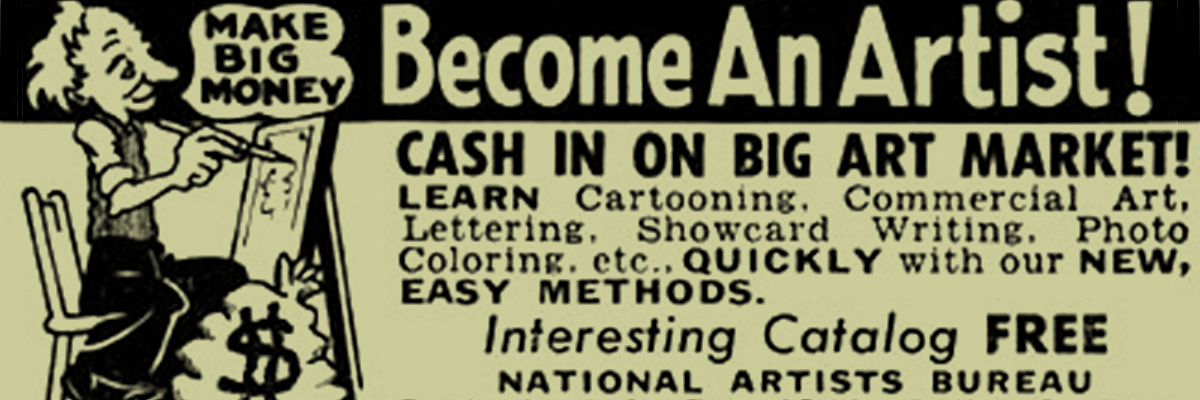
Business Fundamentals for Creative Practices – 60350
TR 8:30-9:50am
Professor Tom Hughes
This course is intended to expose students to the basic business skills and functions used every day in creative practices and industries. Students can expect to develop a starting knowledge of business operations, problem-solving skillsets that can be applied to their own practices, and tools for evaluating and taking advantage of new opportunities. Topics covered will include, but are not limited to: basic business structures; intellectual property and artists’ rights; agreements, contracts, and employment; generating revenue, tax implications, and financial management; negotiation and compromise; and elements of business strategy development. This course assumes no prior background in business education or administration experience.
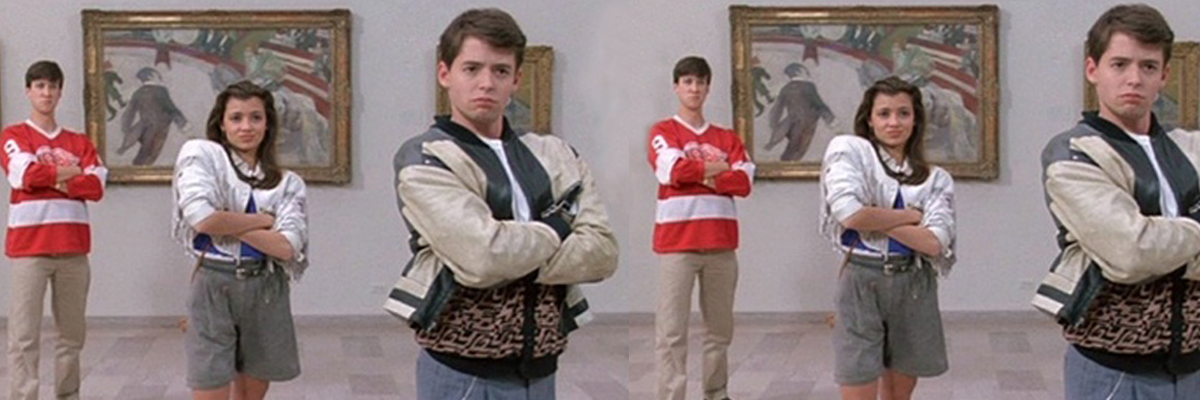
Senior Critique Seminar – 60403
TR 6:30-9:20pm
Professor Imin Yeh
Senior Critique Seminar is comprised of group discussions that analyze the conceptual and aesthetic frameworks that surround each student’s individual studio practice. The course supports independent inquiry, mature studio practice, and both an in-depth critical reading of visual art and an increased comfort in the articulation of ideas and processes. Each student can expect two or more hour-long critiques throughout the semester, paired with ample time for individual studio work. These course discussions will also be informed by the Visiting Artist Lecture series and concepts and concerns carried from studio and academic seminar classes.
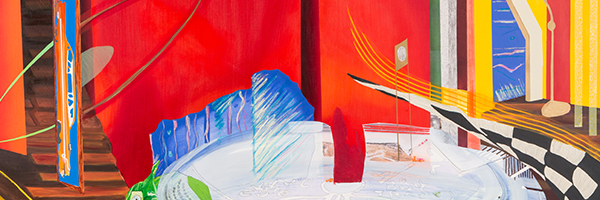
Painting – 60453
MW 6:30-9:20pm
Professor Devan Shimoyama
In this course, you will be encouraged to expand your skills and develop a personal vision, while maintaining a spirit of investigation into the developmental process, the magic, the illusion, and the physical reality of painting. The professor will act as critic and advisor as students work independently developing self-generated ideas and setting personal goals. We will meet as a class for group critiques, discussions, presentations on the practical aspects of the profession, and slide lectures on contemporary artists.
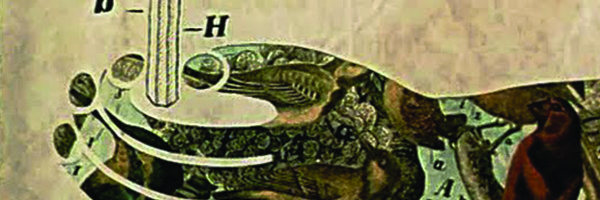
Draw/Paint – 60459
MW 8:30-11:20am
Professor Echo Eggrebrecht
This advanced level course is designed to aid the student in developing ideas and conceptual strategies in two-dimensional media. Attention will be given to expanding the conceptual basis of work while strengthening material qualities. Students are expected to set personal goals and work independently, though certain artists, topics, and approaches will be introduced through slide lectures and readings to consider. Issues of audience, accessibility, and context as related to the construction of meaning will be addressed. One-on-one meetings and group critiques will provide routine feedback and dialogue.
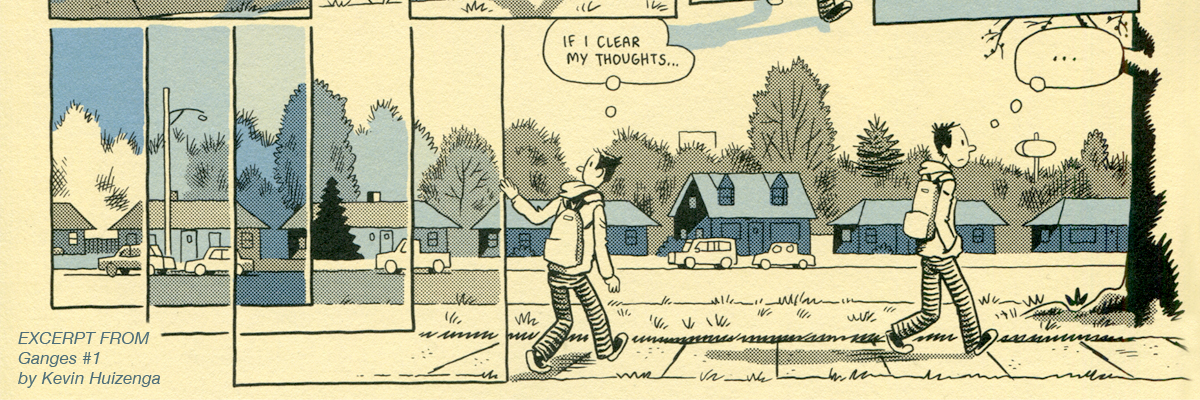
Expanding the Graphic Novel – 60464
TR 8:30-11:20am
Professor John Peña
Students will critically and creatively engage with the medium of comics to learn how to better communicate their ideas in this format as well as to challenge its boundaries. A substantial portion of the course will focus on familiarizing students with the basics of storytelling in a sequential narrative format and creating opportunities for students to discover, hone, and explore their own voice and style. Students will also explore the history of comics and the origins of the “modern” graphic novel. Students will be expected to think beyond the commonly accepted notions of comics and to question the relevancy of their work in this medium.
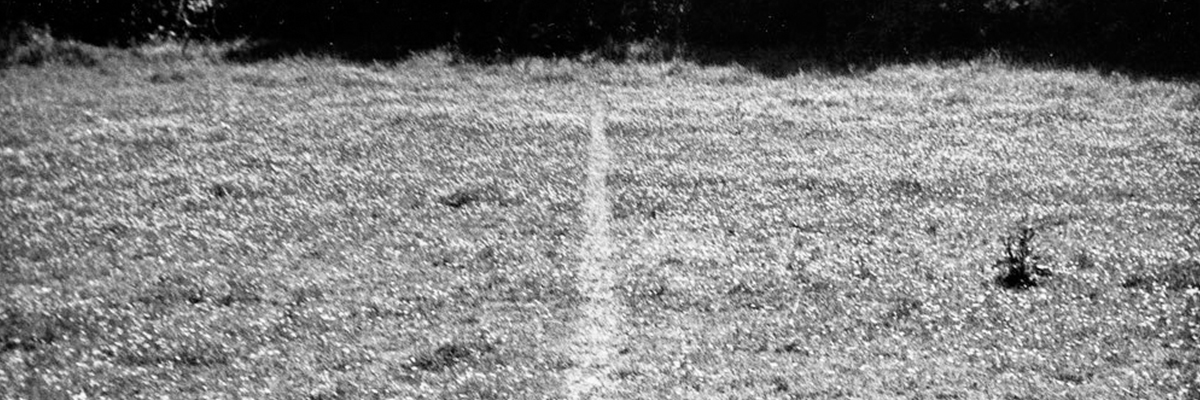
Actions and Traces – 60474
MW 1:30-4:20pm
Professor Kim Beck
Working in an expanded field of print media and drawing, students will explore how gesture, performance, and action leave marks and traces behind. To roll, to crease, to squeeze, to weave, to protest, to walk, the artist Richard Serra once said, “drawing is a verb.” From Alison Knowles to Dieter Roth, artists have long explored the relationship of process and artifact. In this class, students will develop their own projects using traditional and inventive processes, from monotype to footprints, silkscreen to grease stains.
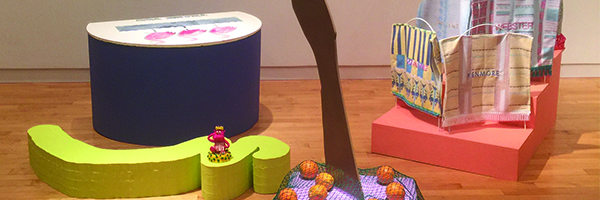
Open Sculpture – 60430
MW 1:30-4:20pm
Professor Bob Bingham
Through its privileged relationship to the physical world and the viewer’s body, sculpture is the glue that connects the intermedia practices of object, installation, interactive art, and performance. In this class, we build on skills and concepts learned in 3D media 1 and 2 to develop students’ individual approach. Students define independent responses to topics proposed through discussion of contemporary sculptors. Emphasis is placed on individual development. Students are encouraged to explore interdisciplinary approaches.
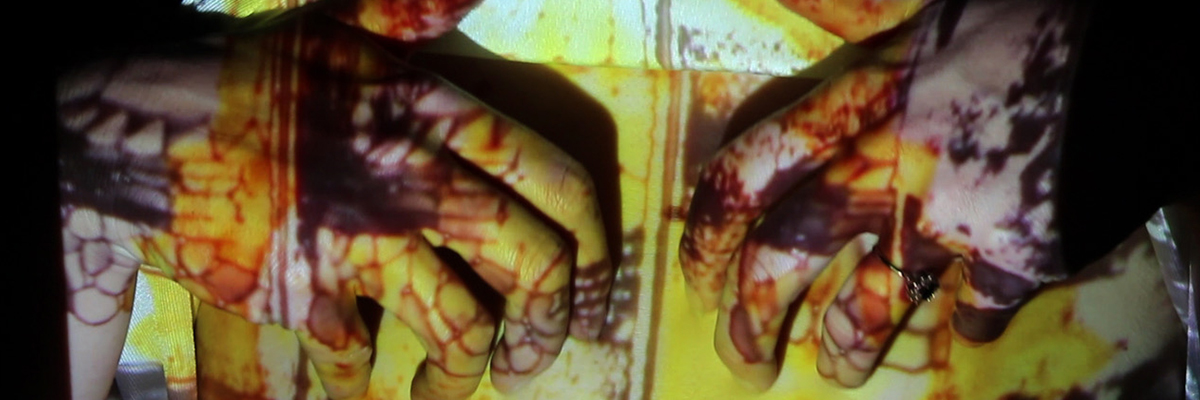
Object + Body – 60432
MW 6:30-9:20pm
Professor Heidi Wiren
Taking up space is a radical act. What is the relationship between performance, activism, pedagogy, and our everyday lives? What about the relationship between the physical body and social body? How does that impact our relationships with ourselves and the objects we encounter? In this advanced studio course, students will explore the body as a way of thinking with sculpture and as sculpture. The course will address major themes in contemporary creative practice through readings, viewings, field trips, and the creation of original work. Themes include contemporary, avant-garde, and traditional sculpture, installation, performance, dance, and theater.
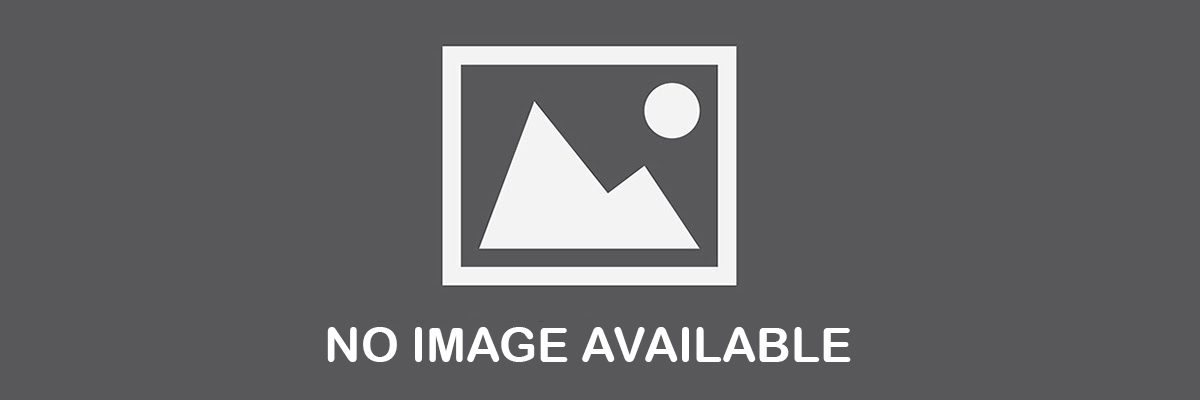
Advanced SIS Special Topic TBD
Time TBD
Professor TBD
The special topic of this course will be determined by the new visiting SIS faculty member. More information about this course will be announced prior to the beginning of the fall semester.
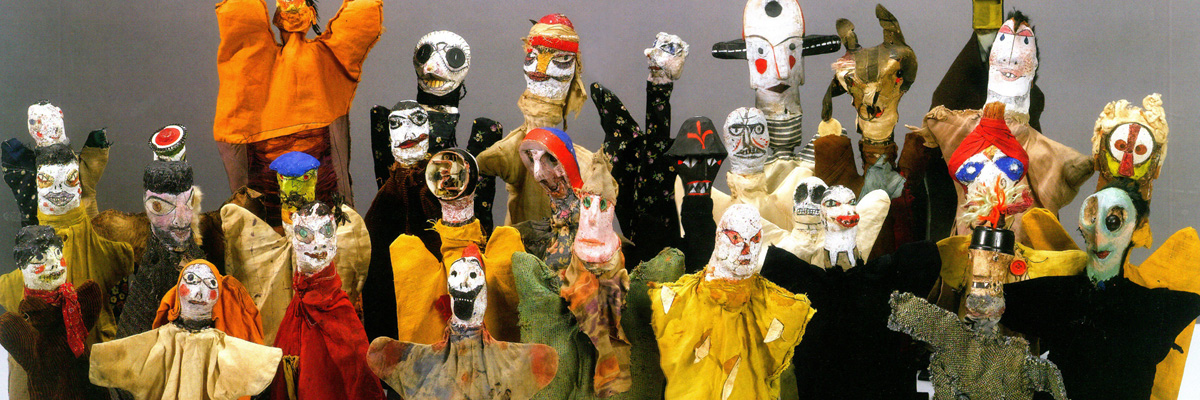
Weird Pixels – 60405
MW 1:30-4:20pm
Professor Suzie Silver
In this experimental filmmaking class, students fuse traditional and digital art-making and fabrication techniques to create performing objects, including puppets, masks, costumes, and miniatures, for stop-motion animation, live action, and hybrid digital films. We embrace the handmade without eschewing digital tools and techniques. Challenging normalizing hegemonies, we create fantastic films with uncanny puppets, masks and outrageous costumes. Through readings, screenings, and conversations, we explore the history of performing objects and their connection to the sacred and the profane, and as intermediaries between physical and spiritual worlds. Workshops introduce students to a variety of fabrication materials and techniques, stop motion animation, and digital filmmaking.
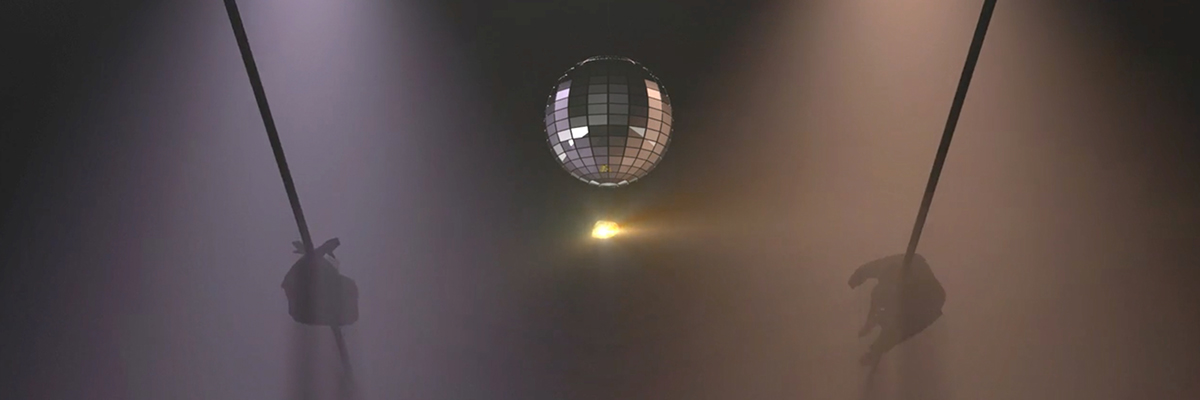
Animation Studio – 60415
MW 8:30-11:20am
Professor James Duesing
This studio will introduce a variety of techniques and concepts for animation production. Using both 2D and 3D tools, animation will be explored through short assignments designed to develop diverse skills and ideas. For a final project, each student will construct an animated short that uses animation as a means of self-expression. The class will engage in discussion and critique of each others’ work along with examples of historic and contemporary animation.
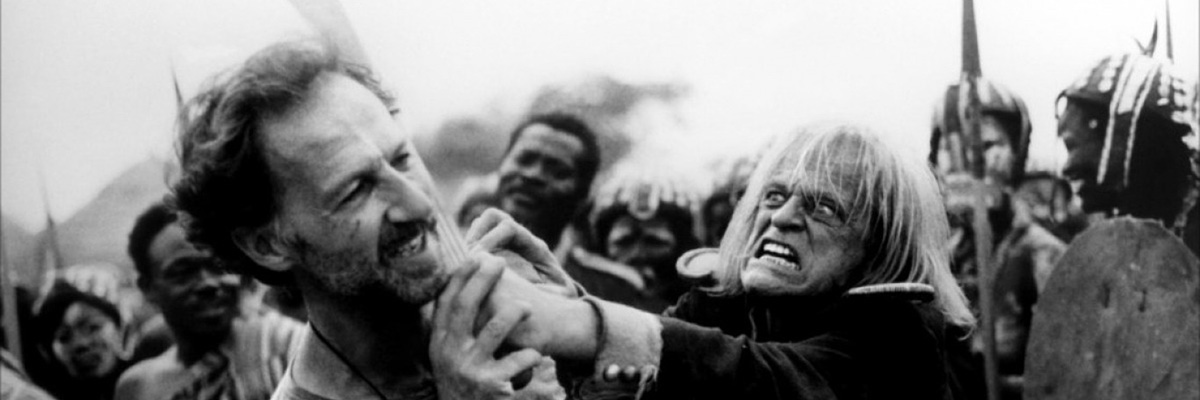
Documentary Storytelling: Storyspaces – 60416
TR 8:30-11:20am
Professor Rich Pell
Students will develop projects that use a variety of narrative concepts to convey stories in new ways. We will begin with a core practice around video and audio, and expand into internet media, performance, physical media, and installation. Emphasis will be placed on story structure and strategies for choosing a medium most appropriate to the narrative and desired audience. Works by Janet Cardiff, Errol Morris, Spalding Gray, Werner Herzog, Laurie Anderson, This American Life, and others will be mined for inspiration. We will also examine a range of strategies employed by artists who have used forums ranging from online and virtual spaces to physical and site-specific venues in order to expand and explore the relationship between the art object and the audience.
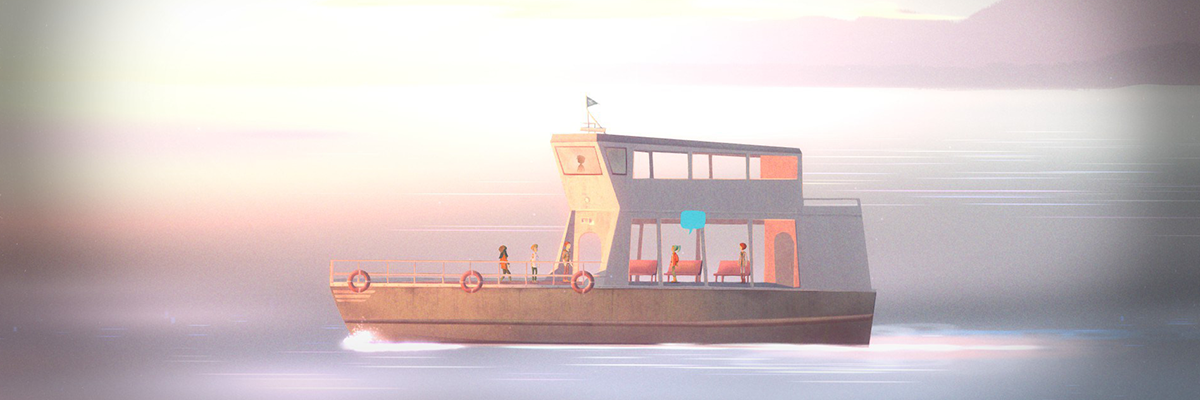
Experimental Game Design – 60419
F 8:30-11:20am, 1:30-4:20pm
Professor Paolo Pedercini
This is a hands-on game design course focused on innovative and expressive forms of gameplay. In this installment of Experimental Game Design, the emphasis is placed on the complex relationship between stories and games. Topics include: environmental storytelling, world building, branching narratives, Virtual Reality, visual novels, AI-driven narratives, and more. The class consists in one long session per week that allows for extended prototyping exercises (mini-jams), technical tutorials, as well as frontal lectures and in-depth playtesting sessions. Projects are team-based. Coding experience is recommended but not required.
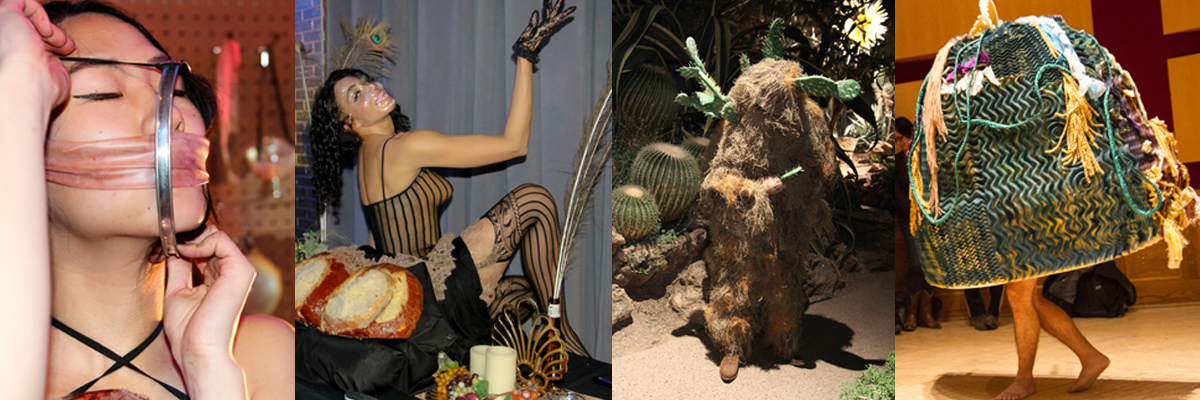
ACTIVATED ANAMORPHS: Performative Inhabitables and Interactive Prostheses – 60496
MW 8:30-11:20am
Professor Scott Andrew
This interdisciplinary studio course is centered around the relationship between wearable sculpture, prosthetic apparatus, DIY costume, movement, and identity-based performance. The course emphasizes hands-on experience, the development of visual skills, craftsmanship, conceptual development, and performance techniques. Various lectures, workshops, activities, presentations, and critiques will be included as an integral part of the learning process. Students will work in a variety of media, unveiling the meanings expressed through materials and investigating new ways to interact with our physical environment(s) through explorations of the human body. The course will involve student collaboration across disciplines, as well as rehearsals and public performances TBD.
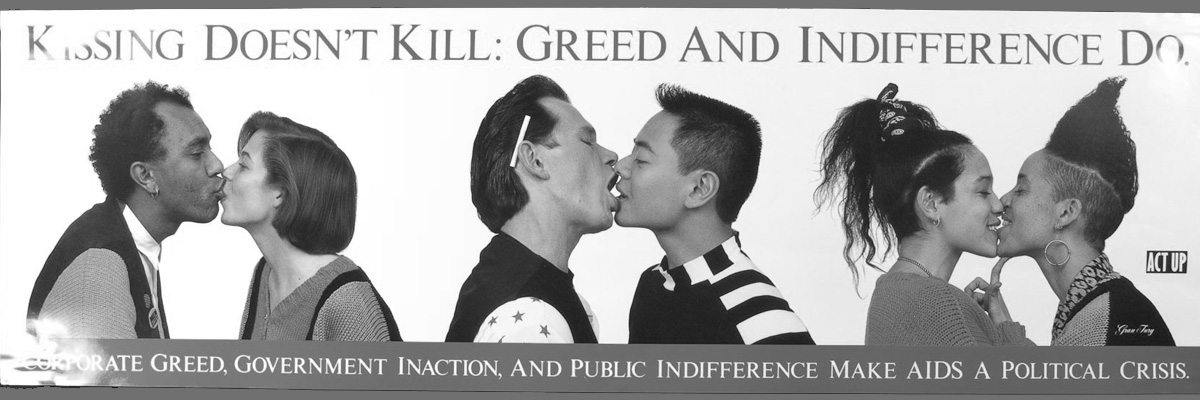
Queer Art & Culture – 60390
MW 10:00-11:20am
Professor Suzie Silver
Surveying the unapologetically queer voices of the past five decades, this critical studies course introduces students to the layered methods in which queer bodies claim space, fight for basic rights, and spurn cultural assimilation. The class begins with the question, what makes someone or something queer? Throughout the semester, a collection of historical readings, lectures, screenings, and class discussions accumulate as the class collectively formulates a queer lexicon of creative strategies for resistance, mourning ,and ecstasy. Discussions of race, gender, and class along with visual and cultural privilege will be frameworks in which we analyze contemporary and historical queer cultural practices.
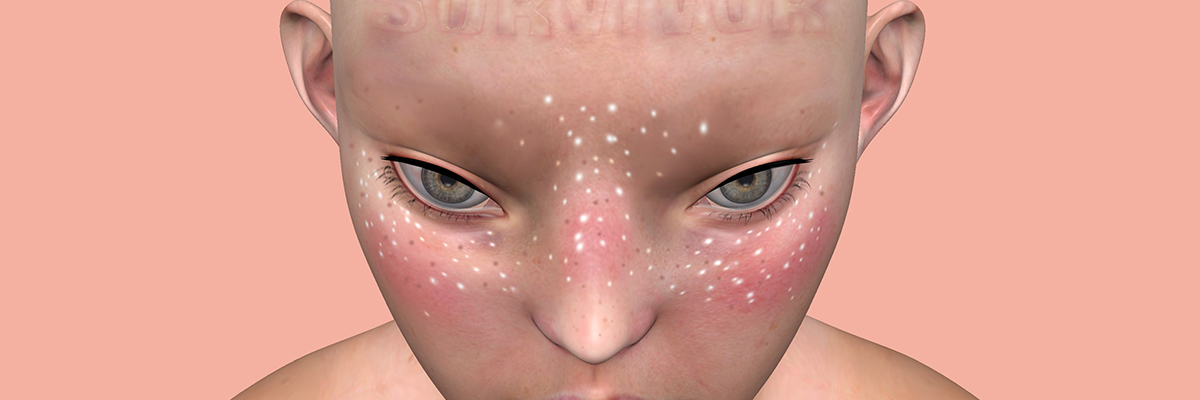
ABJECT to the SUPERCLEAN: Precarious Bodies in Contemporary Art – 60391
R 6:30-9:20pm
Professor Melissa Ragona
This seminar will examine images and projects in contemporary art that deal with debates concerning abjection and disgust in conjunction with a seemingly opposite corollary: the SUPERCLEAN. The latter is a trope that exploits the capacity of certain technologies to present hygienic forms of representational violence at the level of the digitally manipulated image. The SUPERCLEAN takes the aesthetics of disgust as its object, but washes it thoroughly through the use of new technologies. By scrubbing away the blood, chocolate, mother’s milk, and other abject materials so often used in 1970s performance art using pixels, washes, game modifications, and the production of seemingly “clean products,” artists are reimagining the shape and form of what was once called desire.
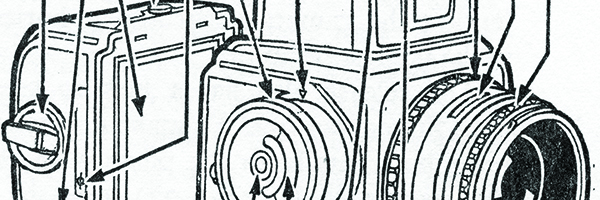
Black and White Photography I – 60141
Section A
TR 8:30-11:20am
Professor Aaron Blum
Section B
MW 8:30-11:20am
Instructor TBA
This course will teach you the basic craft of photography from exposure of the negative through darkroom developing and printing to print finishing and presentation. Content includes student presentations, class discussions, shooting assignments, darkroom sessions, and class critiques. We will concentrate not only on the technical aspects of photography, but also the aesthetics of seeing with a camera. The course concentrates on photography as a fine art—what is unique to it and the concerns that are shared with other visual arts, such as composition, tonal values, etc., and aims to equip students with an understanding of the formal issues and the expressive potentials of the medium.
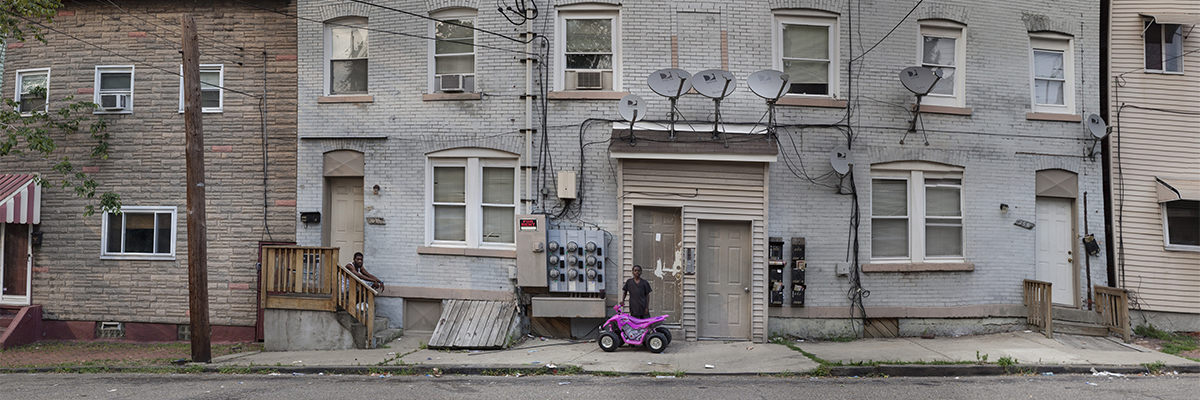
Digital Photography I – 60142
MW 1:30-4:20pm
Professor Dylan Vitone
This course explores digital photography and digital printing methods. By semester’s end, students will have knowledge of contemporary trends in photography, construction (and deconstruction) of photographic meaning, aesthetic choices, and the use of color. Students will learn how digital cameras work, proper digital workflow, RAW file handling, color management and Adobe Photoshop. Through the combination of the practical and theoretical, students will better define their individual voices as photographers.
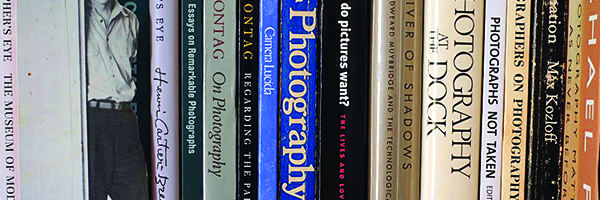
Reading Pictures, Writing Photography – 60239
R 6:30-9:20pm
Professor Leo Hsu
As culturally-constructed objects, photographs are both complex signifiers and vehicles of social and political influence. In this course, students will engage critically with photographs and photography through classic and contemporary texts on photography, and by producing their own writing. Students will become familiar with significant photographers and key issues raised around photography, and develop their own critical and authorial voices through class discussion and weekly short response papers, as well as longer assignments and occasional in-class exercises. Course readings include texts by James Agee, Roland Barthes, Teju Cole, Joan Fontcuberta, Abigail Solomon-Godeau, Susan Sontag, and many others.
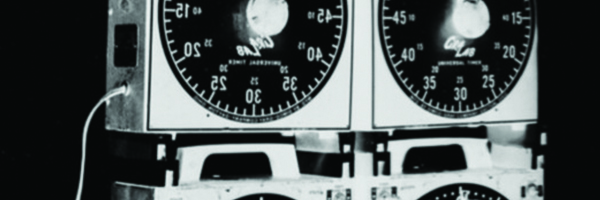
Black and White Photography II – 60241
MW 1:30-4:20pm
Professor Jamie Gruzska
Black and White Photography II continues developing your technical skills in analog photography by introducing medium and large format cameras and prints. Large format view cameras remain the state of the art in control and quality in both film and digital photography. These cameras as well as unusual panoramic and pinhole cameras will be supplied. This course emphasizes aesthetic development and personal artistic growth through individual tutorials and group critiques, and will help to build professional level photography skills. Additional topics include digital printing and negative scanning, advanced monotone printing methods, and a focus on exhibition and folio presentation.
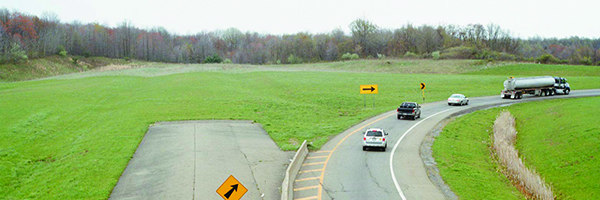
Digital Photography II – 60242
MW 8:30-11:20am
Professor Ross Mantle
This course combines digital and analog processes in both color and black & white. Students will gain experience with digital workflow, analog to digital conversion, virtual drum scanning, and large format digital printing. Topics include trends in contemporary photography, professional practices, project development, narrative and serial work, and portfolio presentation. Students will be expected to develop their own self-directed projects throughout the semester, culminating in a cohesive portfolio of their work. Readings, assignments, artist visits, critiques, and discussions will give context to the practical work and help develop a wide ranging familiarity with the subjects.
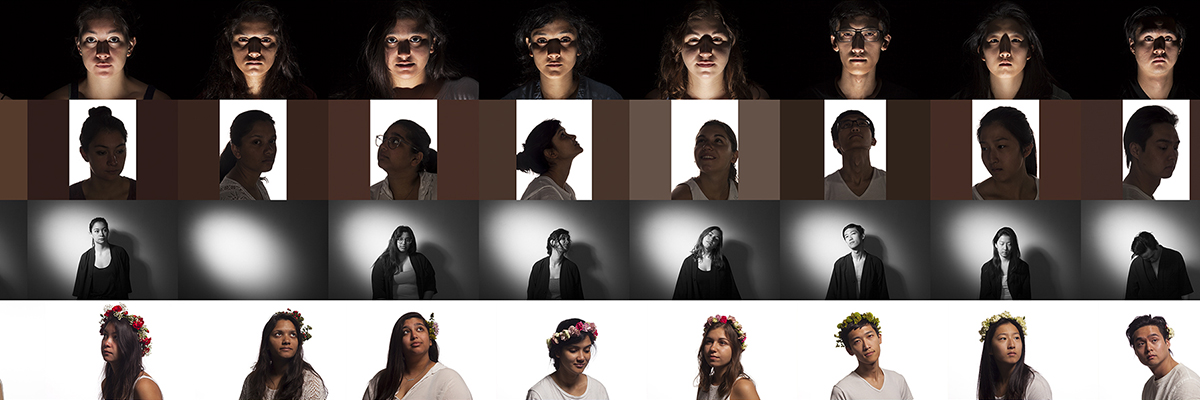
Portrait Photography – 60245
MW 8:30-11:20am
Professor Mark Perrott
Portrait Photography explores the emotional and visual process of collaboration between subject and photographer that creates a photograph. We use cameras of all formats and levels of sophistication to create portraits in the studio and on location. Each photographer is challenged to find and exploit available light, and create artificial light to complete their vision. The class will explore a wide range of digital and darkroom strategies to support and add richness to their final prints. Through film and video photographers will meet some of the masters of this form like Arbus, Newman, Avedon, and Penn. Together we will take advantage of any opportunities to visit exhibitions and photographer’s studios.
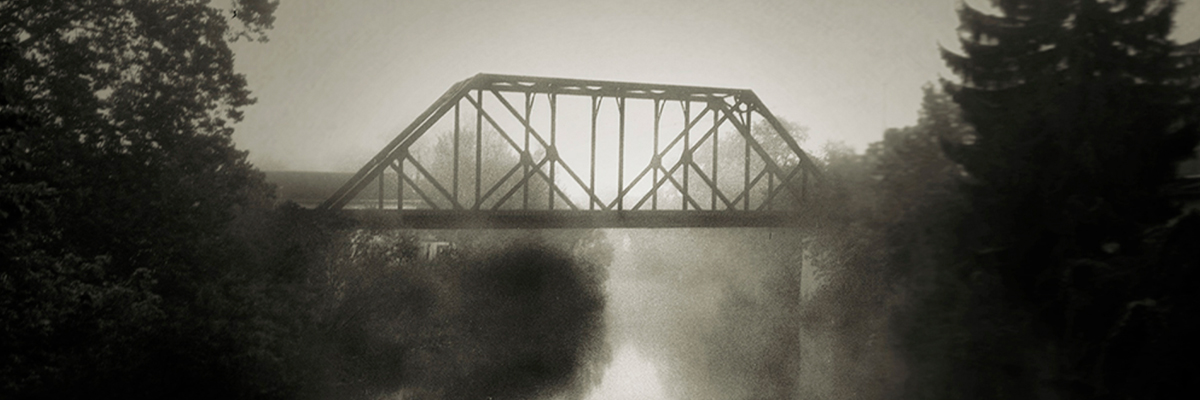
Large Format Photography: The Antiquarian Avant-Garde – 60376
TR 1:30-4:20pm
Professor Aaron Blum
This course takes part in the anti-digital movement by exploring the roots of photography. Students will shoot with an array of large format cameras and use 19th and 20th century processes to create “one-of-a-kind” photographic images. Course topics include non-silver printing processes, pinhole photography, and contemporary tin-types.
